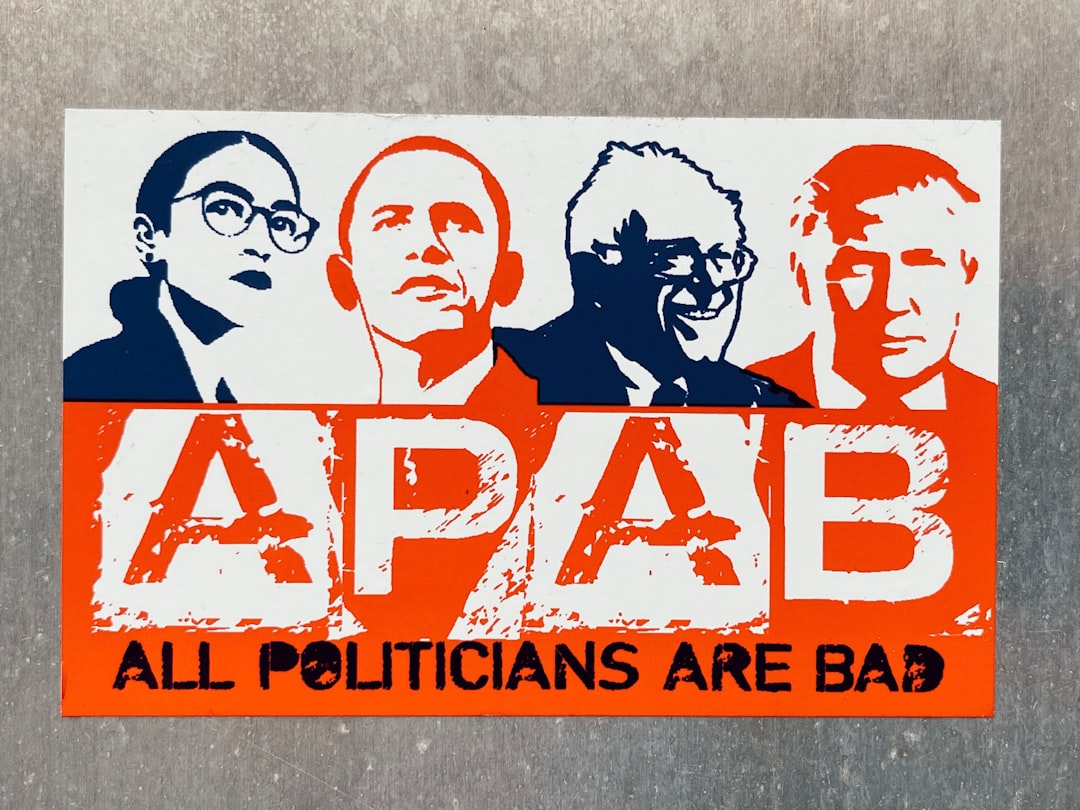Trump's Shock EU Trade Gambit: It's Not About Cars, It's About Crushing China

In a move that has sent shockwaves through global capitals, Donald Trump is reportedly signaling a renewed push for a major trade deal with the European Union. While on the surface this appears to be a stunning reversal from his usual tariff-heavy rhetoric against traditional allies, analysts suggest a far more cunning strategy is at play. This isn't just about German cars or French wine; it's a high-stakes geopolitical chess move with one primary target in its sights: China.
For years, Trump has wielded the threat of crippling tariffs on European automobiles as his primary negotiating weapon, keeping EU leaders on edge. The core of his public pitch, as always, revolves around his signature "America First" doctrine. Any potential agreement would be framed as a landmark victory for the American worker, promising to tear down EU barriers and flood the continent with US agricultural products and manufactured goods. For his base, this is the ultimate proof of his deal-making prowess—bringing a powerful economic bloc to the negotiating table on his terms.
However, the real story lies in the unspoken objective. Sources close to the situation believe this EU pivot is a calculated maneuver to build a powerful Western economic alliance to counter Beijing's growing influence. The thinking is simple: a united US-EU front would possess immense leverage, capable of setting global trade standards and pressuring China on issues like intellectual property theft and market access. By mending fences with Brussels, even temporarily, Trump hopes to create a pincer movement against his main economic rival.
Of course, the path to such a deal is littered with obstacles. The chasm between the two sides on key regulations remains vast. Contentious issues like US demands for Europe to accept its agricultural standards—often dubbed the "chlorinated chicken" debate—and Europe's push for a digital services tax that would heavily impact American tech giants are significant hurdles. Furthermore, differing stances on climate policy, with Trump having withdrawn the US from the Paris Agreement, add another layer of complexity to any potential negotiations.
Ultimately, Trump's EU trade overture is a multi-layered gambit. It serves as powerful political theater for his domestic audience, reinforces his image as a tough negotiator, and, most importantly, acts as a strategic weapon in his long-term economic conflict with China. Whether this audacious plan can overcome deep-seated disagreements to become a reality remains to be seen, but it's clear that the former president's ambitions extend far beyond the European continent.

